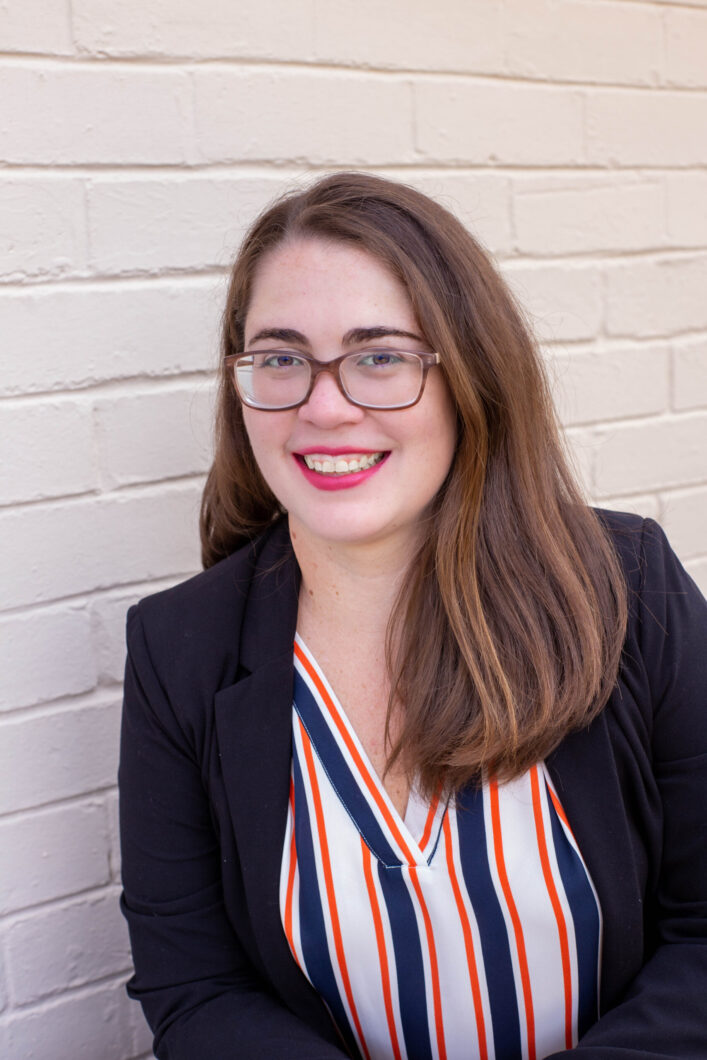
Victor Xu
Translator or interpreter (or both): both
Language(s) and direction(s): Mandarin<>English
Location: Canberra, ACT
Practising as a translator/interpreter since: December 2006
Member of AUSIT since: December 2016
Main area(s) of practice: legal and commercial
Q1:
How did you come to be a T/I?
A1:
I came to Australia to represent investors in a hotel project in Melbourne. Communication is critical in managing relationships with stakeholders. My job was to convey the intentions of the headquarters in China to local management here: conferencing, telephoning and creating all kinds of bilingual documents. I enjoy eliminating communication barriers and rendering information accurately from one language to another, to help stakeholders understand each other and communicate accurately and appropriately, so to develop my abilities further I became an interpreter. This role has opened up a range of opportunities for me. I travel more and interact with a wider variety of individuals, including businessmen,
politicians, celebrities and international leaders.
Q2:
Tell us about a project you have worked on that was especially interesting or challenging (within the bounds of confidentiality of course).
A2:
This experience didn’t challenge my interpreting skills so much as my ability to deal with a novel situation: an urgent request to ‘rescue’ an event. The keynote speaker’s English accent was so heavy, the interpreter couldn’t understand him and had pulled out. The convener announced the refreshments break early, and luckily I was only 20 minutes away. I too found the speaker’s accent challenging, but while the group enjoyed canapés we chatted about his topic. I listened actively, and also asked him to share his Powerpoint slides and to explain what he would say at the start, and with these cues plus the text on the slides I was able to accurately render what he was saying. After a fruitful Q&A the speaker and I earned applause, and the delegation told the organiser the conference was excellent. I do feel, though, that if the first interpreter had been briefed well, I might not have been needed.

Mariana Figueiredo Cordeiro da Silva
Translator or interpreter (or both): translator
Language(s) and direction(s): Portuguese>English
Location: Hobart, Tasmania
Practising as a translator/interpreter since: December 2022
Member of AUSIT since: December 2022
Main area(s) of practice: official documents translation
Q1:
How did you come to be a T/I?
A1:
Back in Brazil, I worked for a scientific journal focused on law and public policies, the Law Journal of the Presidency of the Republic of Brazil. When I was first in this job, one of my tasks was to translate abstracts from Portuguese into English. I then started translating full articles from English into Portuguese, so we could reach a wider audience through the translated publications. After moving to Australia, I decided to enrol in a Diploma of Interpreting course, followed by an Advanced Diploma of Translating in order to qualify as a T&I professional here. The next step was to sit NAATI’s certification test, which gave me the credentials and the confidence I needed – in addition to the skills I’d learned – to start offering my translating services here in Tasmania, where I’ve been working as a translator from Portuguese to English since December 2022.
Q2:
Tell us about a project you have worked on that was especially interesting or challenging (within the bounds of confidentiality of course).
A2:
I’ve only just become professionally qualified as a translator, but as I mentioned above, I did work in this role in my native Brazil. The most challenging project for me there was the first article I fully translated for the Law Journal of the Presidency of the Republic of Brazil. It was a long text – maybe 8000 words – and it was written in very specialised legal language. I was also working to a very short deadline, and I had other administrative and proofreading tasks to perform at the same time, so it was difficult to find the time and focus to fully dedicate myself to that translation. This was how I realised that translation needs just that: time and focus – it was a great learning experience and also opened many doors for me.


